I’m delighted to feature Jan Drexler on my blog once again. While Amish novels aren’t my go to read, many of my readers, including my fabulous sister, love Amish novels and Jan is one of the best. I hope you enjoy this wonderful feature post from Jan sharing on her love of history and the birthing of a book! Thanks to Revell, we have a copy of Jan’s latest novel, The Sound of Distant Thunder, to give away to one of you ~ sign up via the Rafflecopter form below.
Over to you, Jan!
*****
Like most historical writers, I love history and I love research, and my love of history surpasses only one or two time periods…I enjoy learning about the entire scope of the human experience.
My former career was as a homeschool mom. From the very beginning of our homeschool journey, I knew that stories and history had to play a major part in my children’s’ education, as it had in mine. We studied history – from creation to the 20th century – in four-year cycles. In each of those four years, we read age-appropriate historical fiction that gave us an insider’s view of historical events, life, thought, and personalities.
It was only natural that my love of historical fiction would spill over into my second career as an author. But in order to give my readers the experiences I had always loved, I knew I would have to delve into research. Lots of research.
Someone asked me recently how I know when to stop researching and start writing. Here’s what I told her:
At first, I let the research dictate the story. While writing my debut novel, I found that it was too easy to come up with a story line or a situation and then find supporting evidence that a similar thing could have happened. But that always bothered me. Yes, it could be that a young Amish man would fight in the Civil War, but did it really happen? “Could have” and “did” are two very different things.
I make sure that the historical facts I find in my research are where I get my ideas instead of the other way around. In my research for the series, “The Amish of Weaver’s Creek,” I came across a tidbit in one of my books. In a list of names of Amish men who had been conscripted in Ohio (the state draft in 1863), there were a few names with an asterisk next to them, and the note “drafted.” For some reason, these few men had not paid the legal commutation fee or hired a substitute. They had joined the army.
That was the nugget that is the center of the story in The Sound of Distant Thunder. This is what “did” happen. Now I needed to shift direction in my research to what “could” have happened in this framework.
Research has its limits. That nugget of information was all I had. I couldn’t find any further information about those three men, their families, where they served…it was a blank.
This is where I start to widen my research. From this point, I need to go beyond the Amish experience in the 1860’s and study the American experience during the war, specifically those living in Ohio (the setting for this series).
It’s in this stage of the research that all the possibilities flood in. All the “could-haves” and “what-ifs.” I take notes, bookmark pages, follow leads and clues. Anything can happen!
But while I am doing this type of research, where is my story? I think of it as simmering on the back of the stove. I’m adding facts, biographies, details about things like carpentry and preserving food, and that pot just simmers away.
There is a danger when I enter this realm. There are so many rabbit trails to explore that I could spend years on this research and never write the story. Eventually, though, there comes a point when that pot on the back of the stove threatens to boil over, and that’s when I know it is time to start writing.
The story takes over at this point. I continue to research details as I write, but I have built up a solid foundation of information. My characters take on form and personality – their own voices. The story unrolls through their eyes.
This is where writing an historical novel becomes work. Hard work. Rewarding work. I wrestle with my characters, with the story line, and with the conflict. I write and rewrite, living in the time and setting of my story world for weeks…months.
By the time I’ve finished my first, second, and third drafts, the story has become something separate from the nugget of an idea that began the whole process. It is no longer only my glimpse of history.
Now the story belongs to you, the reader.
Thank you, Jan!
Katie Stuckey and Jonas Weaver are both romantics. Seventeen-year-old Katie is starry-eyed, in love with the idea of being in love, and does not want to wait to marry Jonas until she is eighteen, despite her parents’ insistence. So much can happen in a year.
Twenty-year-old Jonas is taken in by the romance of soldiering, especially in defense of anti-slavery, even though he knows war is at odds with the teachings of the church. When his married brother’s name comes up in the draft list, he volunteers to take his brother’s place. But can the commitment Katie and Jonas have made to each other survive the separation?
Jan Drexler brings a unique understanding of Amish traditions and beliefs to her writing. Her ancestors were among the first Amish, Mennonite, and Brethren immigrants to Pennsylvania in the 1700s, and their experiences are the inspiration for her stories. Jan lives in the Black Hills of South Dakota with her husband, where she enjoys hiking and spending time with her expanding family. She is the author of several Love Inspired historical novels, as well as Hannah’s Choice, Mattie’s Pledge (a 2017 Holt Medallion finalist), and Naomi’s Hope.
Relz Reviewz Extras
All Things Drexler @ Relz Reviewz
Visit Jan’s website
Buy at Amazon: The Sound of Distant Thunder or Koorong

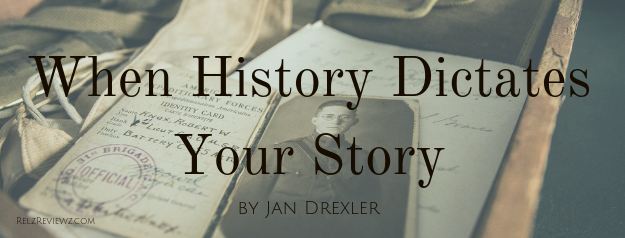
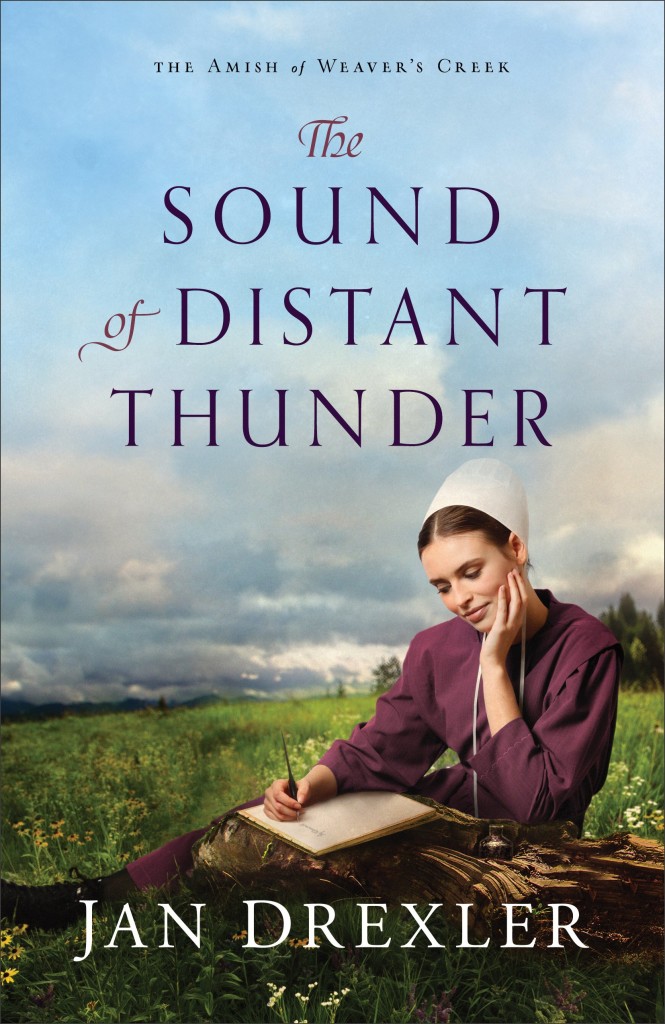

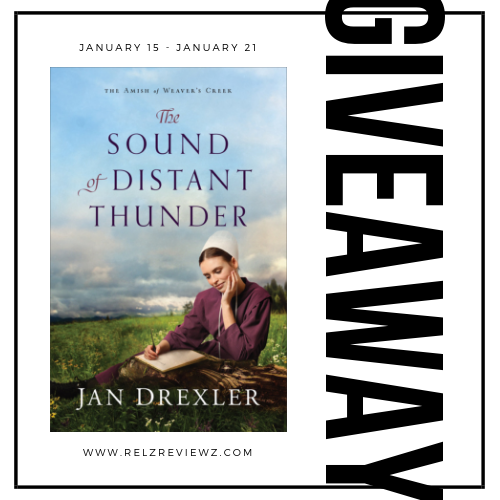


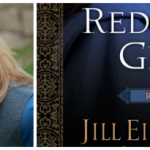


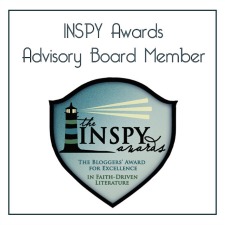




January 15, 2019 at 6:31 pm
What I enjoy most about historical’s is that they blend fact and fiction in them.
January 16, 2019 at 12:35 am
I love historical novels because often the times seem simpler (though not always) and I feel I learn something.
January 16, 2019 at 4:24 am
What I enjoy most about historical novels is learning history! I find it fascinating to read a story about interesting characters while also learning about how people actually lived/worked/dressed/etc in that time period.
January 16, 2019 at 4:50 am
Historical novels are teaching us history. How they dressed made meal got along with others..
January 16, 2019 at 6:59 am
What I enjoy most is learning about history and being able to remember the facts because I have a fun connection with them now.
January 16, 2019 at 8:22 am
Ever since I was young I have loved old movies and books about the past. I used to wish I was born in a time when women were women and men were men.
January 16, 2019 at 8:56 am
I like reading historical fiction because I always learn something new about the time period and I enjoy a great story at the same time.
January 17, 2019 at 3:00 pm
I enjoy stepping into the past and seeing what life was like back then. Thank you for the giveaway!
January 19, 2019 at 2:02 am
If the book is really interesting it makes me want to look into the history of the real story of that time period.
January 19, 2019 at 4:23 pm
Enjoy reading historical novels, so this book really “grabs” me. Thanks for the opportunity to enter a giveaway! Would love to win a print copy!
January 21, 2019 at 11:32 am
Historical novels make people and places of the past come alive. It makes history more meaningful for me.